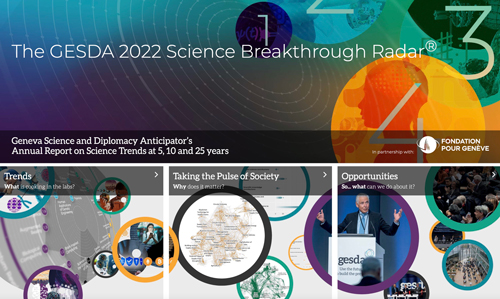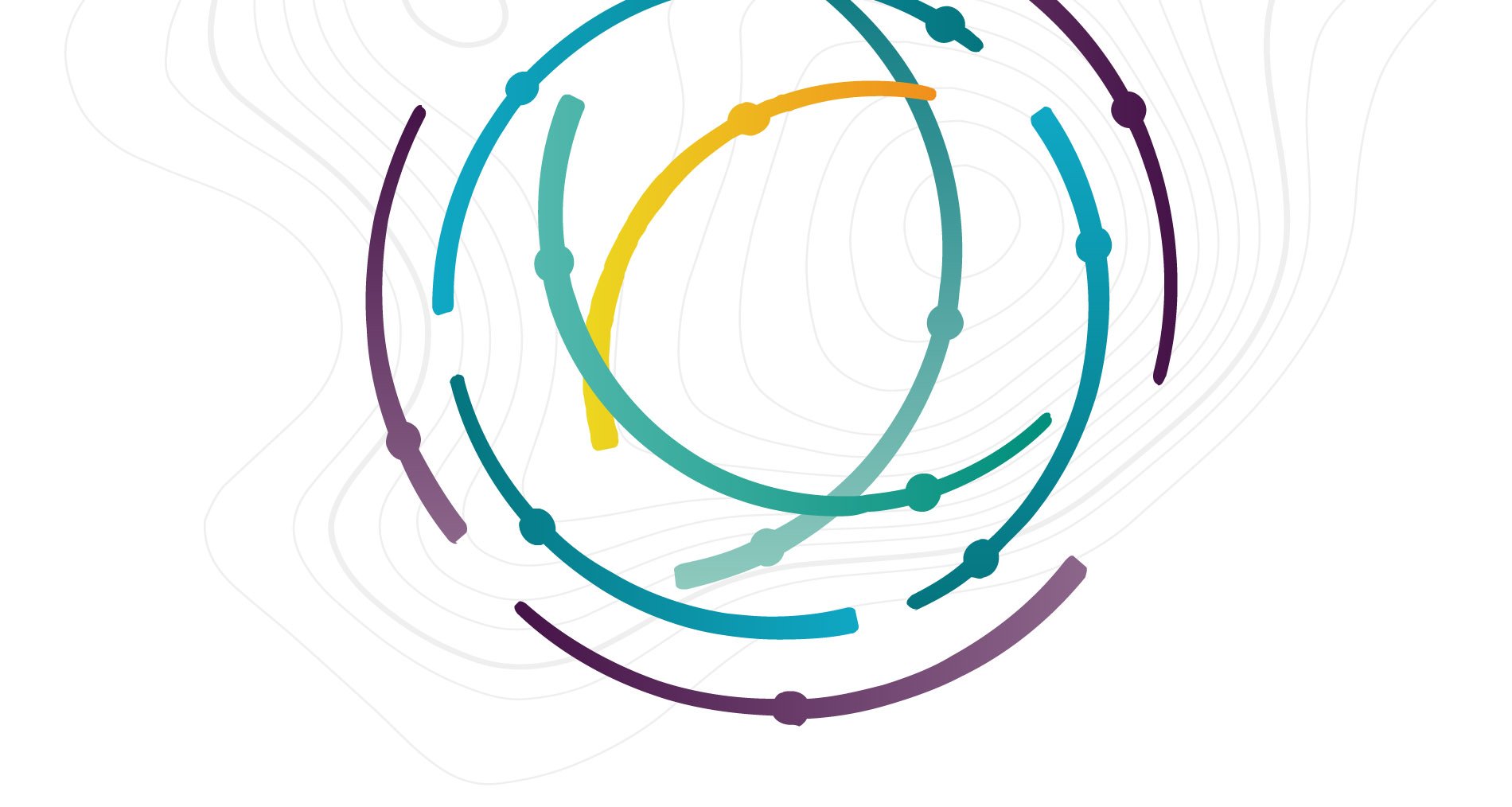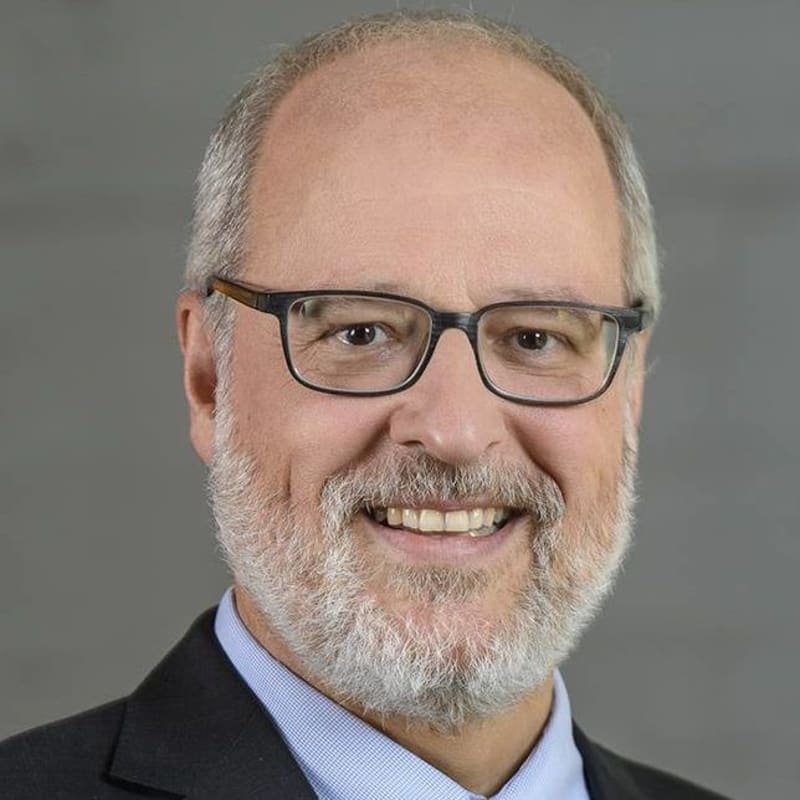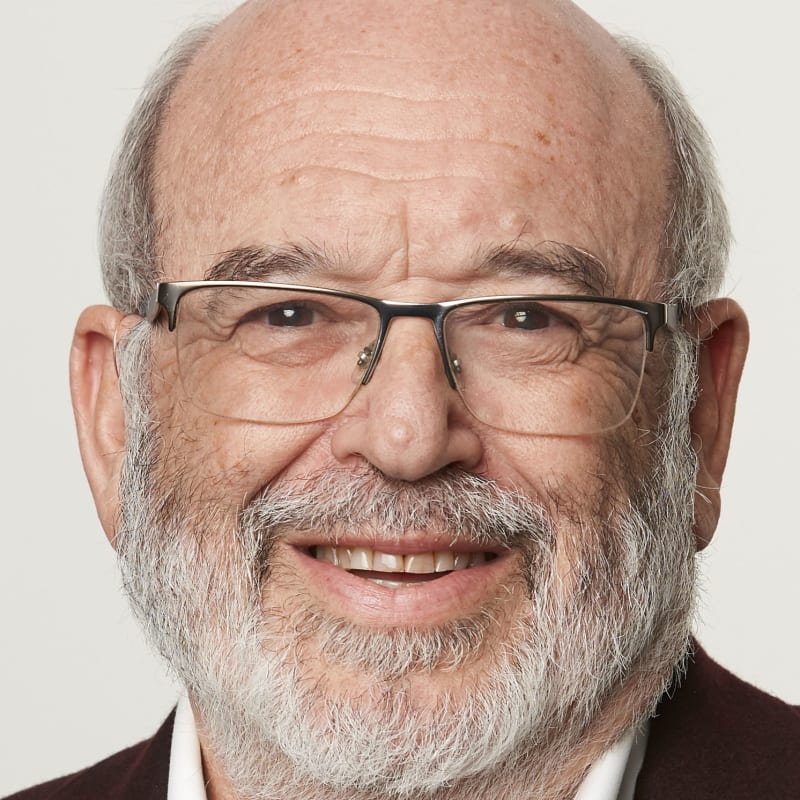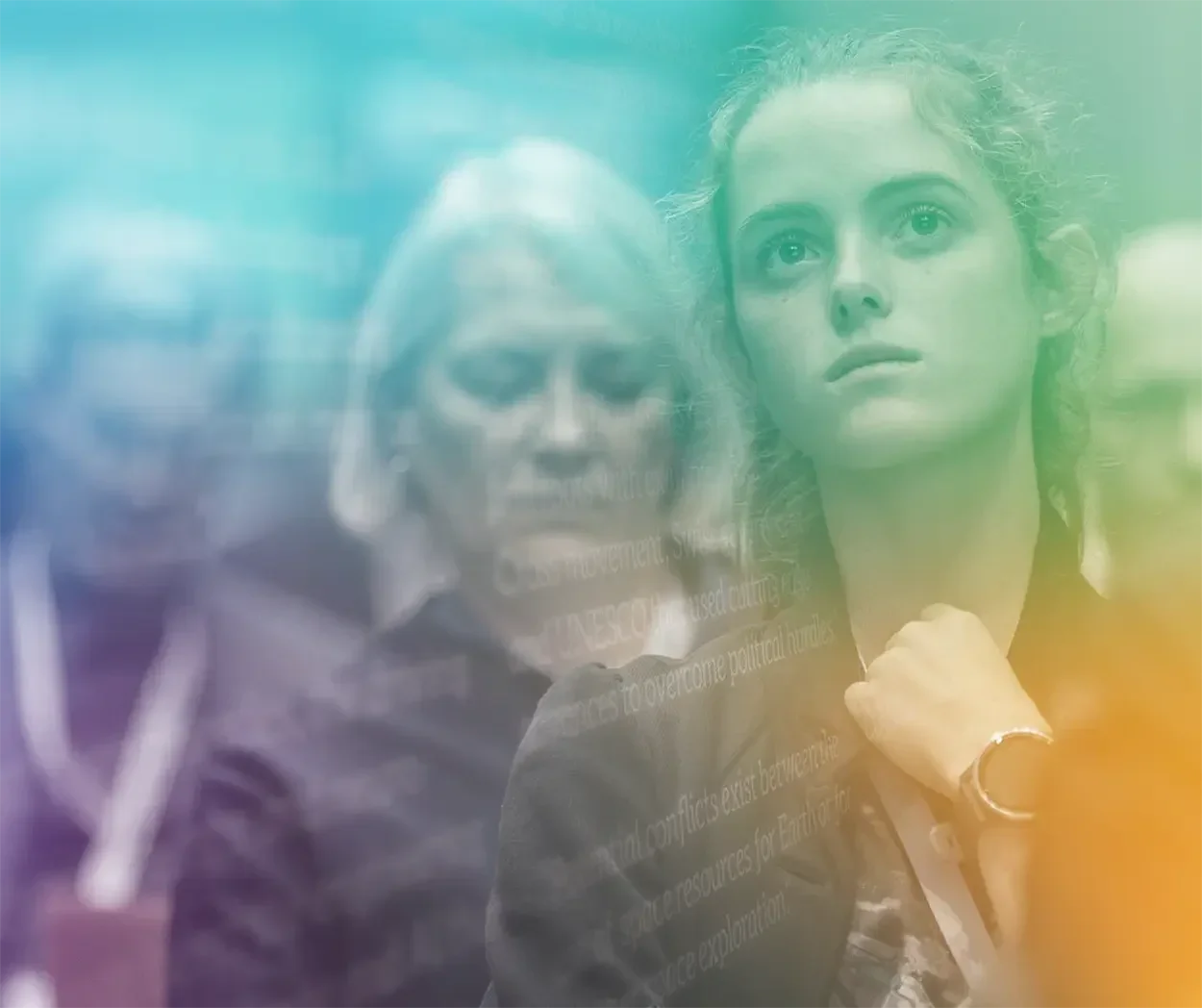The building of the 2023 GESDA Science Breakthrough Radar was possible thanks to the engagement of a large number of institutions, networks and individuals. This enabled the development of a product of sufficient breadth and depth to become a useful tool for multilateralism.
We would like to thank here all those involved, with particular attention to:
- The Fondation pour Genève as main strategic partner of the Science Breakthrough Radar.
- GESDA’s Founders and Public Contributors: the Swiss Confederation, the Republic and Canton of Geneva, the City of Geneva.
In particular we acknowledge the leadership of GESDA's Academic Forum chaired by:
The GESDA Diplomacy Forum, with the outgoing Chair:
The GESDA Citizen Forum chaired by:
And the members of the Scientific Advisory Board
The Project Team:
Editorial
We extend our gratitude to their team members and colleagues.
And most importantly, we would particularly like to thank the commitment of the experts and contributors to the different parts of the report.
GESDA would like to gratefully acknowledge the contributions of the following individuals
For the Trends section, the authors of the breakthrough briefs and invited contributions:
The 848 members of the global scientific community that contributed via survey, workshops and interviews.
